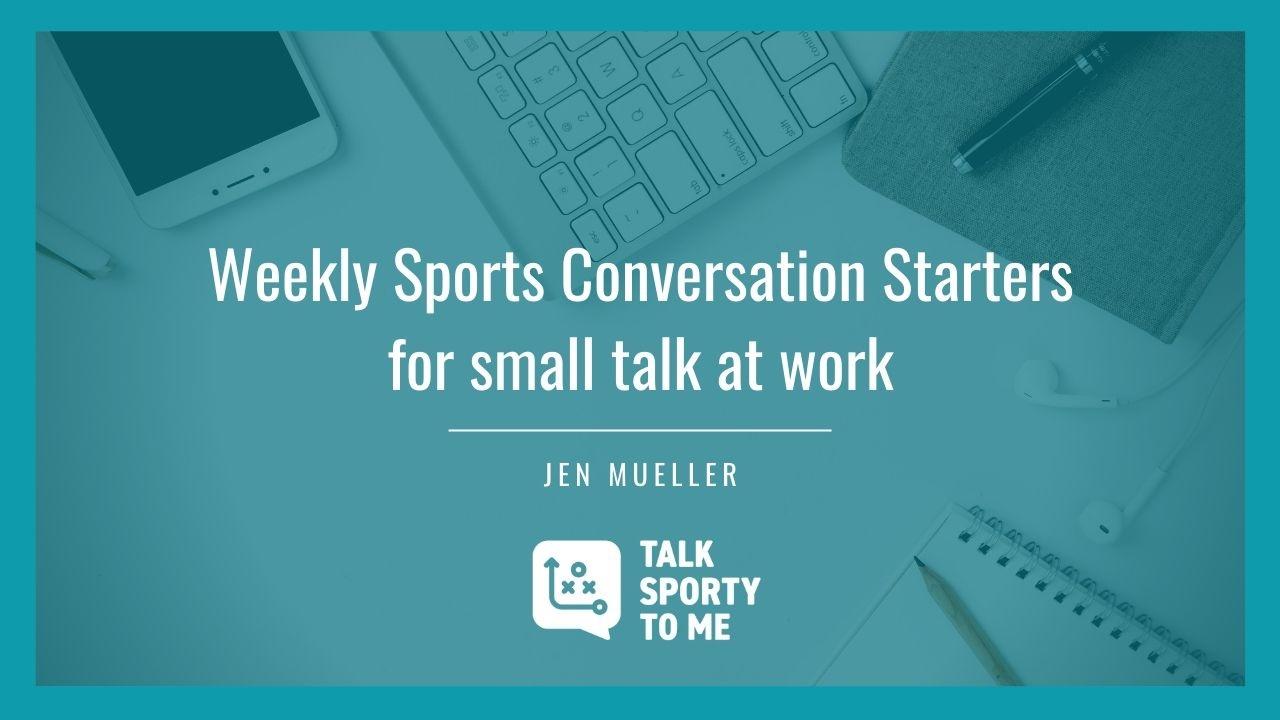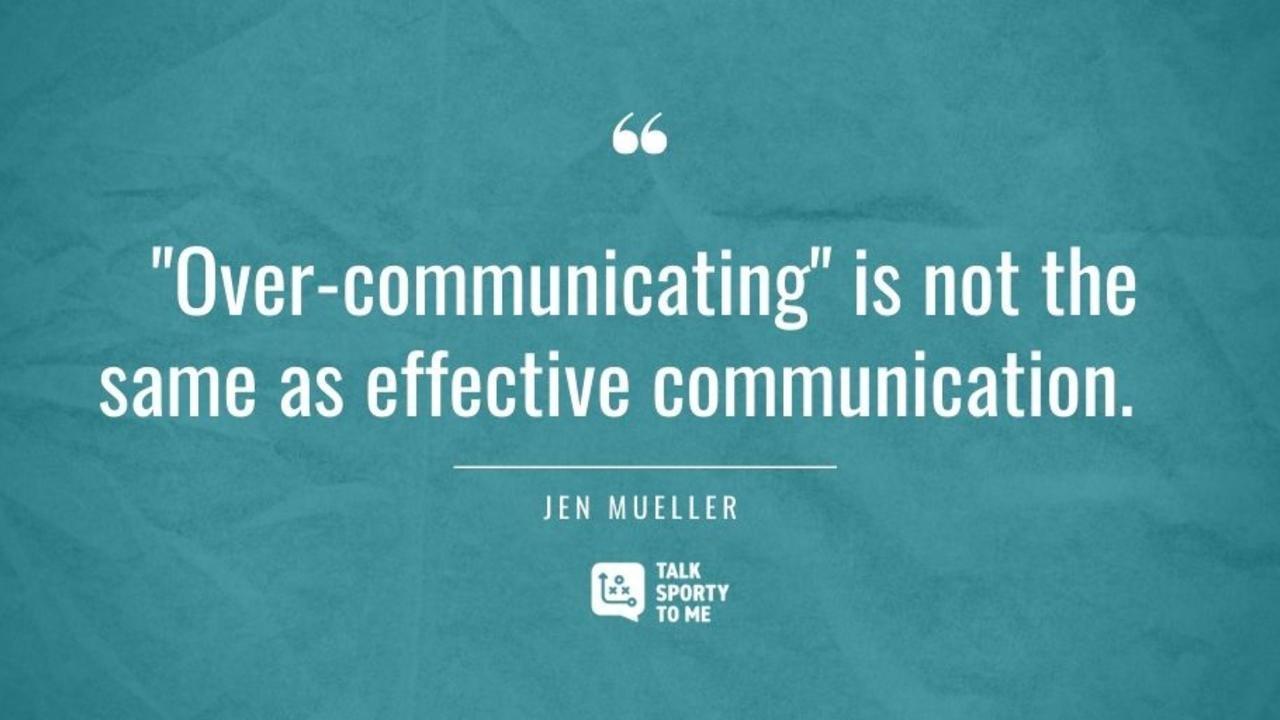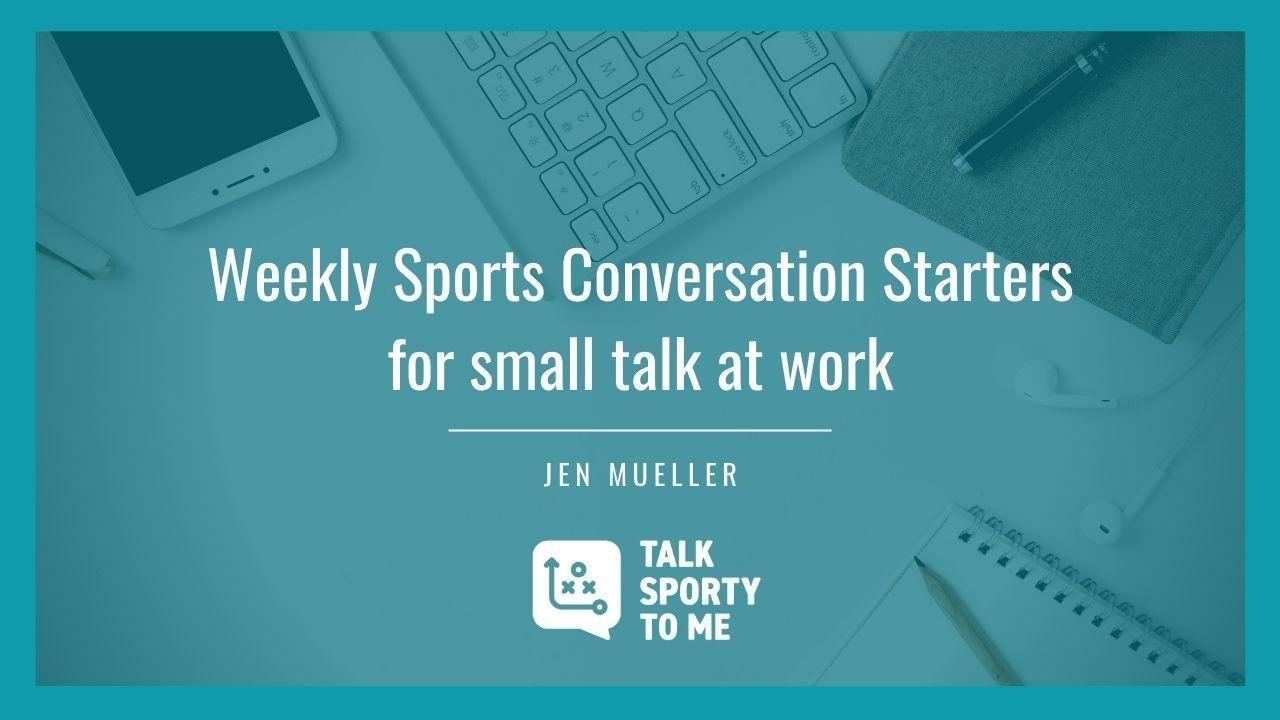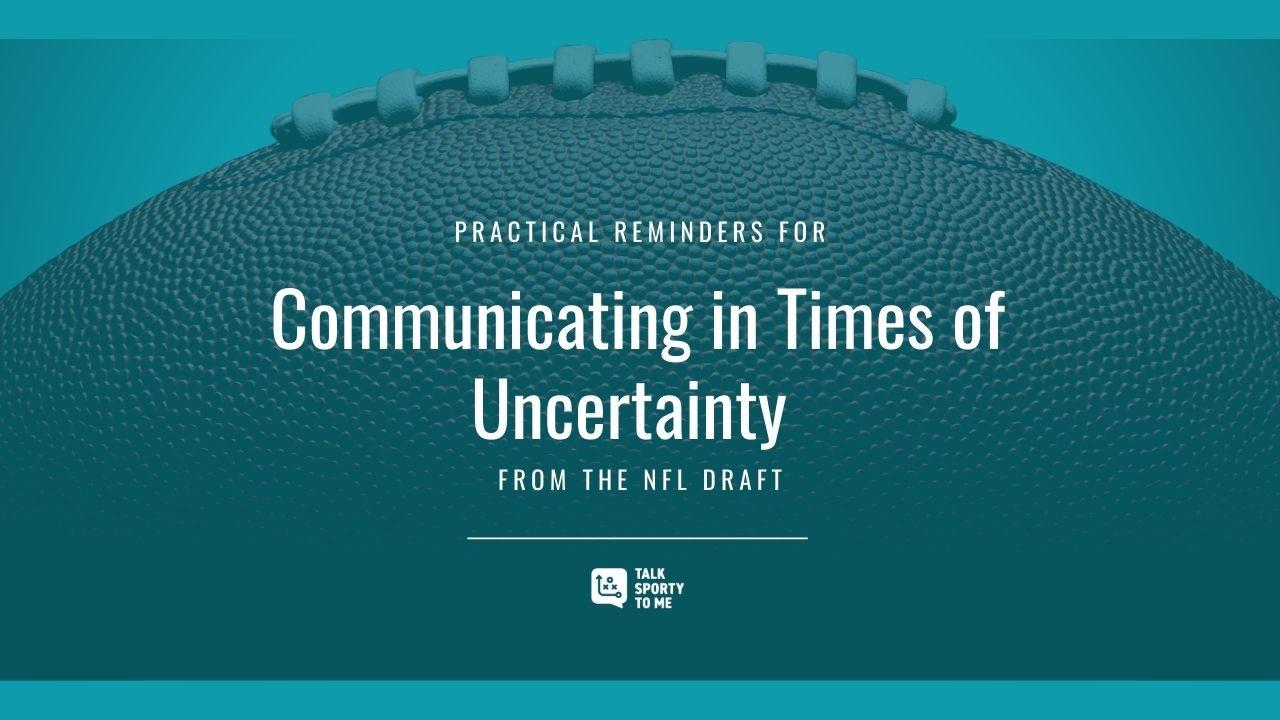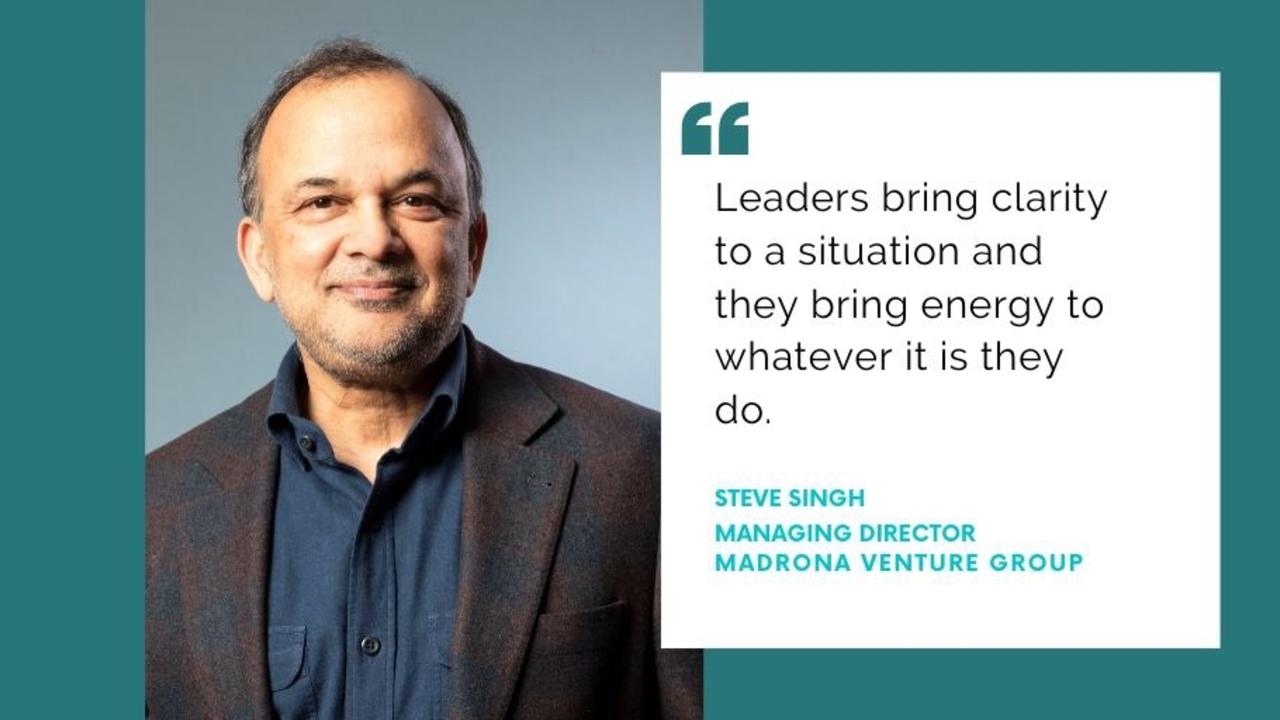Outcomes determine winners.
In sports, it's the final score or the fastest time that indicates a win. But what happens in the absence of outcomes, du...
Welcome to a holiday Monday!
Although given the current state of work from home schedules, I’m not sure what a holiday weekend means these days.
Us...
Working remotely doesn't just change our work environment, it changes our memory of what it's like to work with someone. It's easier to question someo...
Soccer returned in Germany. NASCAR returned in the United States. A few PGA players returned to the course. Sports leagues continue to discuss plans t...
You know what you mean when you tell your team they need to over-communicate, but what happens when they do what you say?
How much time do you want t...
NASCAR returns to live racing this week for the first time in more than two months. You don’t have to be a racing fan to appreciate the return of live...
This week the NFL will releasing the entire 2020 schedule with the expectation the full season will be played and will start on time. Of course, there...
Stop comparing virtual interactions to real-life, in-person conversations. They’re not the same thing.
Video conferencing, virtual happy hours and on...
If you’re measuring the effectiveness of your communication in time instead of understanding you’re not actually communicating. You’re talking to hear...
A quick scan of Steve Singh’s biography tells you all you really need to know about the Managing Director at Madrona Venture Group. It’s not his exper...
Were you one of the record-number of people who tuned into the virtual NFL Draft?
Were you also among the group of viewers who enjoyed seeing coaches...
Audience participation requires prompting.
It's not enough to encourage your remote team to "weigh in with questions" or "let me know what you think...



